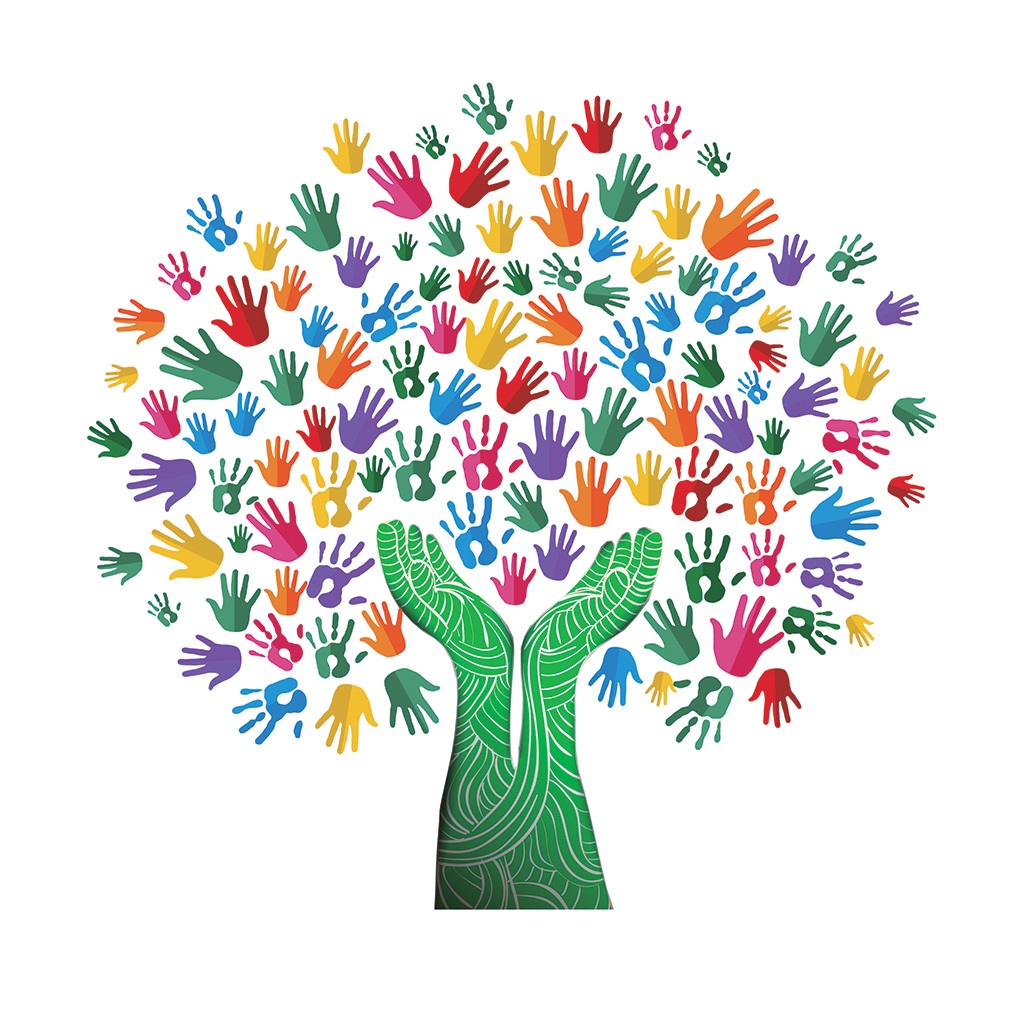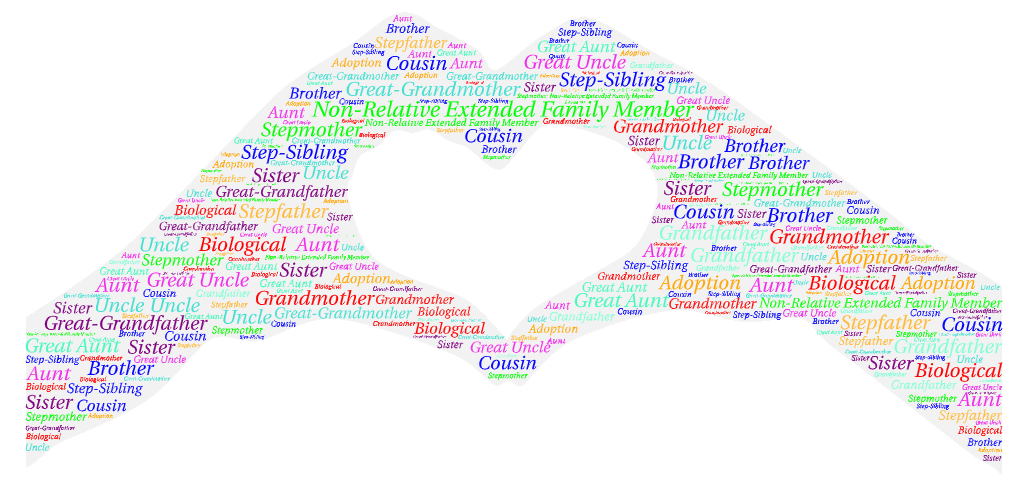California Kinship Navigator

California Kinship Navigator (CKN) is a free service for kinship caregivers and current and former foster youth brought to you by the California Department of Social Services (CDSS) in partnership with Think of Us (TOU). To learn more about TOU please visit them here: Think of Us
CKN supports kinship caregivers and current or former foster youth to quickly find and access resources by connecting with a team of Community Responders who take the labor-intensive work off the families.
CKN invites users to engage with our Community Responders, a team of TOU staff, who will talk through options, identify solutions, and take on the administrative work of research, paperwork, and follow-up.
These services are available in English and Spanish through a combination of options. These options include direct support from a community responder (via email, text, or telephone), or navigating resources with individualized recommendations. To access resources in your local area, please visit: California Kinship Navigator.
What is a Kinship Caregiver?

Kinship care in the foster care system refers to the care of children by relatives. A “relative” means an adult who is related to the child by blood, adoption, or affinity within the fifth degree of kinship, including stepparents, stepsiblings, and all relatives whose status is preceded by the words "great," "great-great," or "grand," or the spouse of any of these persons, even if the marriage was terminated by death or dissolution.
In California, a relative could also be a "nonrelative extended family member" (NREFM), which is defined as an adult caregiver who has an established familial relationship with a relative of the child or a familial or mentoring relationship with the child. The county welfare department verifies the existence of a relationship through interviews with the parent and child or with one or more third parties. The parties may include relatives of the child, teachers, medical professionals, clergy, neighbors, and family friends.
Community Responders

CALL, TEXT, or EMAIL
To connect with local resources for various types of needs:
- Financial support: CalWORKs, Kin-GAP, utilities, rent, transportation
- Housing: Rent, eviction, locating affordable housing, moving services
- Clothing/Supplies: Shoes, clothing, furniture, household supplies, school supplies
- Physical and Mental Health: Health insurance, dentists, eye doctor, behavioral support, speech therapy, therapy, respite care, relationship support, coping tools, substance use, specialized guardianship, and adoption services
- Childcare & Activities: Daycare vouchers, after school activities, camps, sports
- Education: Tutoring, summer school supplies, parenting classes
- Legal Aid & Advocacy: Support with guardianship or adoption process, and getting services for your child
- Food: CalFresh, WIC, meal, groceries
- Employment: Job leads, mentorship, networking, preparing a resume, interview skills
Testimonials
“The fact that you took the time to listen to what is going on means so much. It gives me hope that there are resources out for kin caregivers”. -Kin Caregiver
“Sometimes, you just need some immediate relief. I was feeling anxious and stressed and the virtual assistant gave me some breathing and grounding exercises I could do right away. I got what I needed under two minutes!” -Former foster Youth
“It can be hard to know what’s out there, and sometimes I’m so stressed and overwhelmed it’s hard to keep researching and following up. This makes that easier, because you’re not alone!” -Family member and caregiver.
"Thank you so much for all your help, I just received the backpack from Echoes of Hope and I appreciate it so much. I didn't have to go out and hunt down a free one, you've done so much to lessen the stress of everything that has been going on and I just want to make sure you know that it's very appreciated. he had an amazing birthday, and he has been feeling much better since being sick." -Kin Caregiver
“Thank you so much. This really really helped me, I never got this much support when I was in the foster care system. God Bless you and thank you for helping us. Have a beautiful day!" -Former Foster Youth
"The [community responder] is wonderful at her job and has a special place in my heart for all the kindness she has shown to me... My family is beyond grateful for the resources we have received and it has made a HUGE impact on their learning this summer. Thank you!" -Kin Caregiver
All County Letters and All County Information Notices
ACL 21-90: Temporary Flexibilities for Participating in The Title IV-E Kinship Navigator Program During The COVID-19 Public Health Emergency Period
ACIN 46-22: Resources and Information Sharing for Counties and Caregivers
ACIN I-55-25: The California Kinship Navigator

To obtain in person or online assistance for Kinship Caregivers or Previous and Current Foster Youth, please visit: California Kinship Navigator.
For outreach material, please download the CKN Flyer. The flyer is available in several languages:
For Additional Information:
Foster Caregiver Policy and Support Unit
744 P Street, MS 8-13-78
Sacramento, CA 95814
(916) 651-7465
CaregiversForYouth@dss.ca.gov